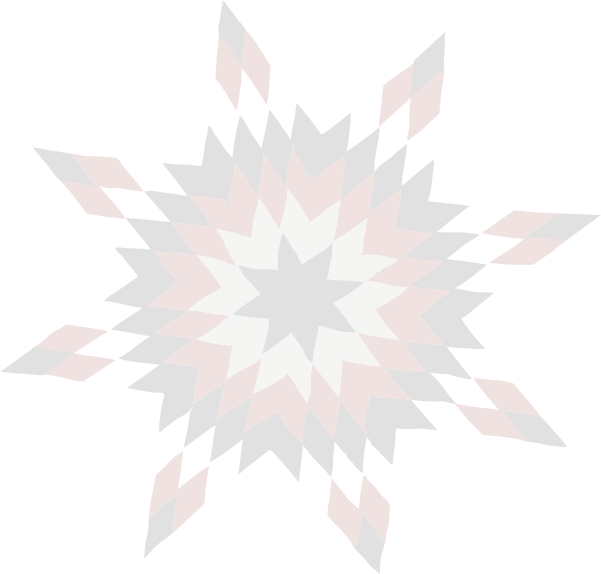BOARDING SCHOOL STORIES:
COLLABORATIVE ACTS OF INDIGENOUS REMEMBERING
Edited by Louellyn White (Akwesasne Mohawk) and Michael P. Taylor
Intended to erase all traces of Indigenous kinship and cultural identity, and thereby forever extinguish tribal claims to Indigenous lands and waters, Indian boarding/residential schools continue to influence the intergenerational realities and resulting narratives of what it means to be Indigenous in settler states and in Indigenous communities today. While the forced removal of tens of thousands of Indigenous children from their homelands/waters, languages, and kinship relations continues to negatively impact Indigenous populations, Indigenous communities have remained resilient, developing communal ways of ensuring cultural continuity and healing that sustain ongoing acts of individual and collective resurgence.
We invite proposals for contributions dedicated to community-centered stories surrounding Indian boarding/residential schooling and the ongoing impacts across generations and across Turtle Island. We are especially interested in works that emphasize the diverse ways through which Indigenous students, survivors, and their descendants have remembered, reclaimed, and even reconciled boarding/residential school stories.
We are especially interested in community members whose voices may not have been as broadly supported by academia, and whose contributions may not adhere to standard academic scholarship, but whose stories, expressions, and ways of knowing are equally valuable, respected, and they enrich how we understand Indian Boarding/residential schooling. Financial support may be available for non-academic contributors.
We envision this work to become a collection of stories emerging from personal narrative, family and community history, first-person testimony, creative expression, and collaborations between academics and Indigenous communities, while making space for community members to share their voices unfiltered through the academic lens.
Proposals for this collection should include an abstract of 250 words and a brief author bio. Please submit your proposal and bio no later than November 30, 2021 as email attachments to: Louellyn White (louellyn.white@concordia.ca) and Michael Taylor (mike_taylor@byu.edu).
